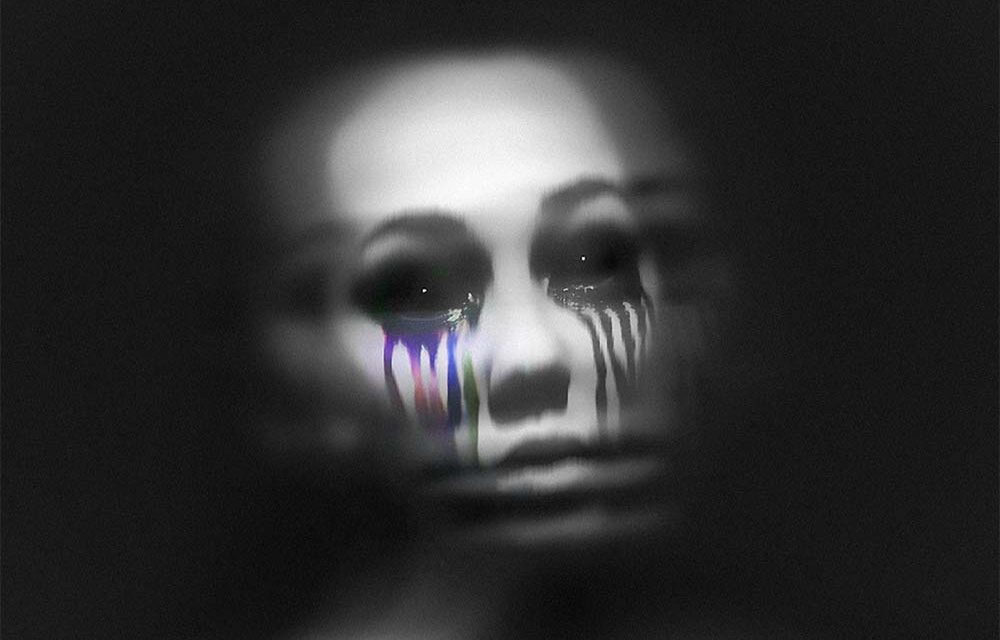Unraveling Fear: The Psychology of Horror Game Design
Horror games have a unique ability to evoke fear and excitement among their players, often in ways that are not possible through movies and other media. The unique thing about video games is that now, you the player are the one in control. All your actions can have consequences and you have to make the right choices if you want to survive the horror that awaits.
Many casino games implement horror as a gameplay design or visual aesthetic. Themes such as zombies or vampires are quite common. Some games implement elements from popular video games such as Silent Hill. To learn more about where you can play horror-themed online casino games, open site to find platforms with the best return-to-player games.
The Psychology of Fear
Fear is a primal emotion and horror game developers craft experiences that lead gamers’ emotions. They understand that fear is a complex and multi-faceted emotion, and their games are designed to exploit and create various emotions.
Horror games work differently than games of other genres. Puzzle games, for example, are made to stimulate our enjoyment of problem-solving, and action games test our ability to evaluate, react and coordinate. Horror games, however, are designed primarily to stimulate our emotions.
A common design choice is often to make the player feel safe, and when the player least expects it, the game will try to scare them, teaching them that safety is only apparent, and one is never truly safe from the horror.
Creating Fear Through Immersion
One of the most powerful ways that developers create horror is to create a truly immersive experience. Horror games need to make you feel as if you are there, and when the player character is in danger, you will feel as if the danger is directed at you.
Developers will immerse you in all your senses by using powerful imagery, creepy sound design and realistic characters and narrative. An image of something scary might not have the same effect if not accompanied by intrusive sounds and adrenaline-inducing music.
The Uncanny Valley Effect
The uncanny valley is a psychological effect where things that become nearly realistic and lifelike will appear off-putting or strange to the player. For example, an abstract drawing will often not appear scary to someone looking at it, but a doll that closely resembles a human can often be uncomfortable for people. That is why “creepy dolls” are such a common trope in horror movies.
This effect is so effective because it will trigger the mind to view it as something “real,” but one can somehow tell that there is something “wrong.”
Fear of the Unknown
Horror games thrive on the fear of the unknown. Nothing is scarier than things you don’t understand, and the mystery of what’s going on will drag you deeper into the horrific truth. Developers will often create experiences where the player will feel powerless, and create an enemy or monster that cannot be defeated. Its nature is often not comprehensible, and the player will be left wondering how or why such a monster exists. The author Stephen King was a master at this.
Conclusion: Why It Works
Skilled developers have a deep understanding of the psychology of fear, and know how to manipulate the player’s emotions to stimulate and engage them. By immersing the player, one can enhance this effect and make those emotions feel real, making the player truly conscious of their choices when playing and realizing that their actions in the game can have consequences.
Horror games will have common themes such as the uncanny valley effect and the fear of the unknown to create powerful narratives that engage the player, trigger their fears and leave them thinking. Strong narratives and engaging game design are sure to have players coming back for more, curious about what horrors await them.
This is a sponsored post.
- 5 Movies For You Who Are Afraid of Heights - June 26, 2024
- Horror Movie Characters as Casino Game Icons: A Match Made in Nightmare - June 6, 2024
- Best Horror Video Games - March 12, 2024

